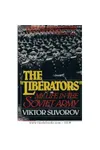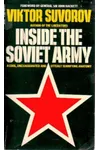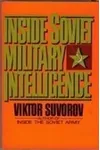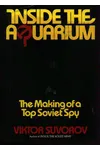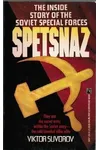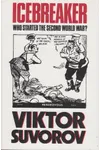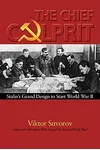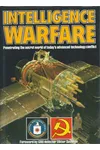Picture a Soviet spy turned storyteller who peeled back the Iron Curtain with gripping tales of espionage—meet Viktor Suvorov! Born Vladimir Bogdanovich Rezun in 1947, Suvorov was a GRU officer who defected to the UK in 1978, becoming one of only two living GRU defectors to share their story. His books, translated into over 27 languages, blend insider knowledge with thrilling narratives, making him a standout in Cold War literature.
From his semi-autobiographical hit Aquarium to controversial histories like Icebreaker, Suvorov’s work captivates readers with its raw authenticity and bold perspectives. Let’s dive into the life and legacy of this enigmatic author!
The Making of Viktor Suvorov
Born in Soviet Ukraine to a military family, Suvorov’s path was shaped by his father, a WWII veteran, and his Ukrainian-Russian heritage. Raised in Cherkasy, he entered the Suvorov Military School at age 11, honing his skills in Voronezh and Kalinin before graduating from the Kyiv Higher Military Command School in 1968. His early career saw him commanding tanks and joining the elite Spetsnaz, but it was his recruitment into the GRU in 1970 that set the stage for his dramatic life. Stationed in Geneva under diplomatic cover, Suvorov’s disillusionment with the Soviet system grew, culminating in his daring defection with his wife and two children.
Viktor Suvorov’s Unforgettable Stories
Suvorov’s writing career exploded in the 1980s with books that blended his GRU experiences with sharp historical analysis. His most famous work, Aquarium (1985), is a chilling memoir of GRU training, where loyalty was tested through brutal methods—like watching traitors burned alive. The book’s vivid prose and insider details made it a Cold War classic, selling millions worldwide.
Icebreaker (1990) stirred controversy by arguing Stalin planned to use Nazi Germany as a proxy to conquer Europe, challenging mainstream WWII narratives. Other key works, like The Liberators (1981), recount his eyewitness experiences in the Soviet Army, exposing its flaws, while Spetsnaz (1987) delves into the secretive world of Soviet special forces. Suvorov’s style is direct, often gritty, blending factual precision with a storyteller’s flair, appealing to readers fascinated by military history and espionage.
His fiction trilogy—Control, Choice, and Snake-eater—weaves Soviet intelligence into gripping narratives, proving his versatility. With over a million copies sold for some titles, Suvorov’s books remain a touchstone for alternative history enthusiasts.
Why Viktor Suvorov Matters
Suvorov’s impact lies in his fearless exposure of Soviet military and intelligence inner workings, offering a rare glimpse behind the Iron Curtain. His books shaped Cold War discourse, sparking debates among historians and captivating readers with their authenticity. Despite criticism for his provocative theories, Suvorov’s insider perspective and storytelling prowess have cemented his place in military history literature. His Ukrainian roots and defection story also resonate in today’s geopolitical climate, making his work timelessly relevant.
About Viktor Suvorov
- Birth Date: April 20, 1947, in Soviet Ukraine
- Key Works: Aquarium, Icebreaker, The Liberators, Spetsnaz
- Notable Fact: One of only two living GRU defectors to publish their story
- Languages: Books translated into over 27 languages
Ready to uncover the secrets of the Soviet era? Grab Aquarium and dive into Viktor Suvorov’s thrilling world of espionage and history!
